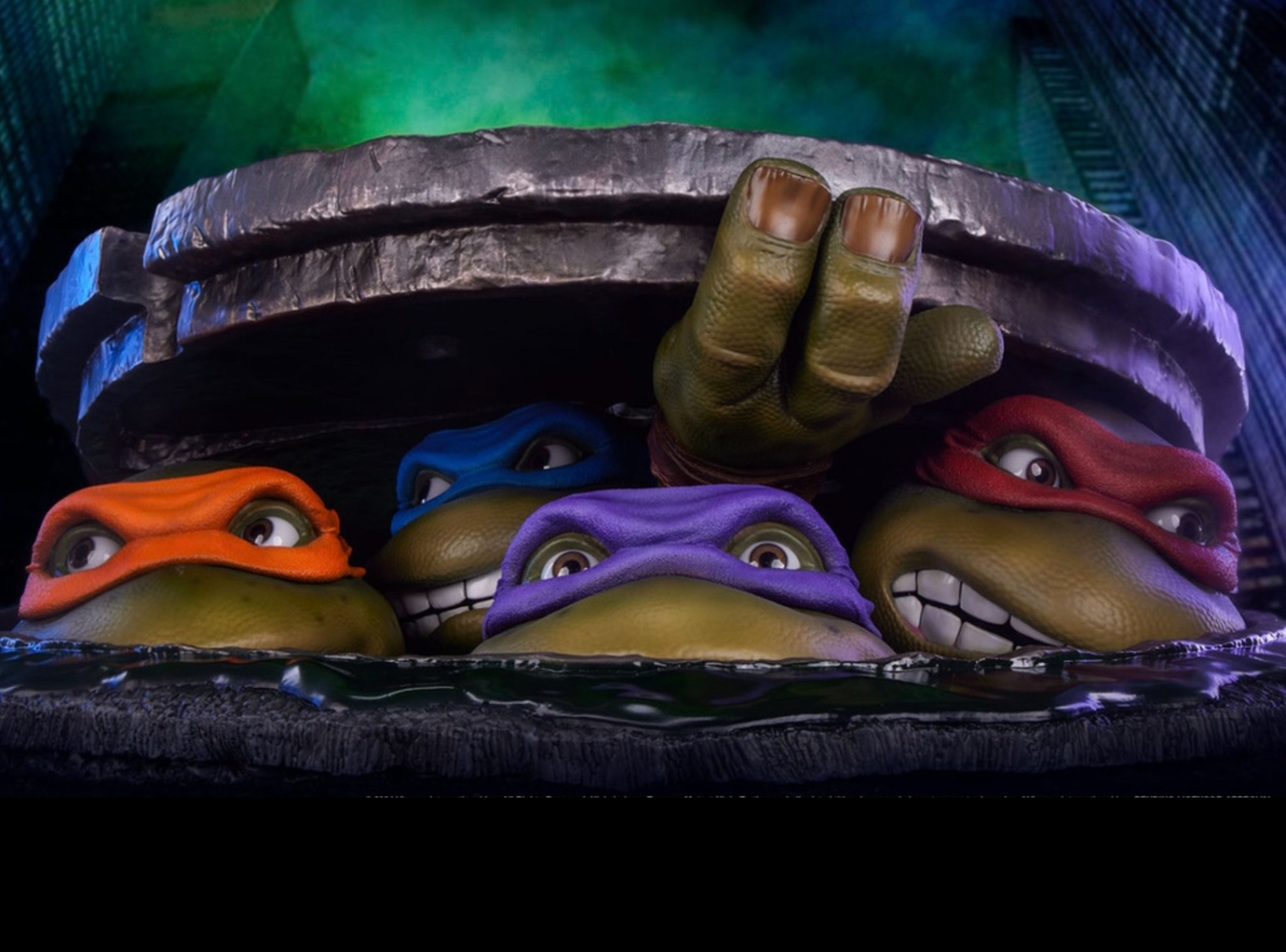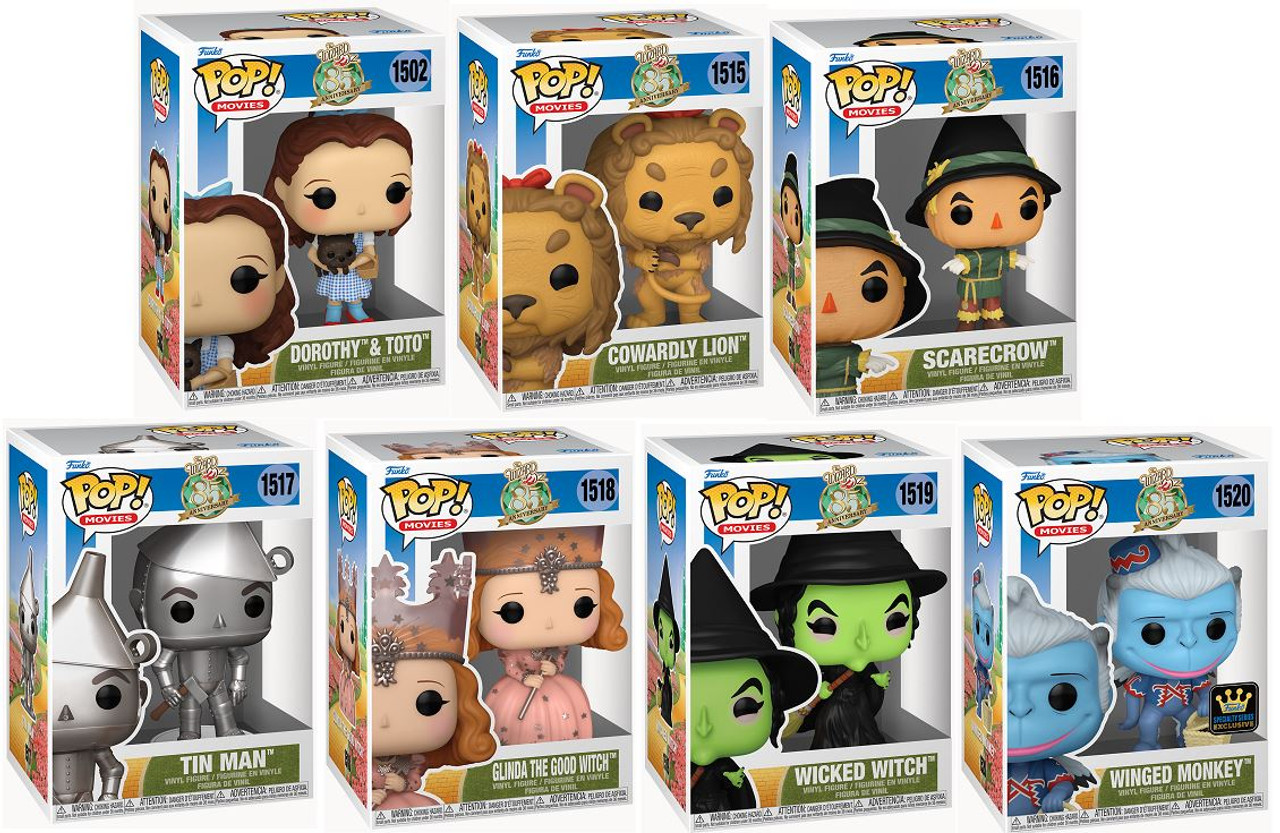Funko’s journey began in 1998 when toy collector Mike Becker started the company in his Snohomish, Washington, home. Initially, Becker aimed to create a small project focusing on nostalgia-themed toys, leading to the creation of the company’s first product: the Big Boy bobblehead. The success of this initial product set the foundation for Funko’s future trajectory.
The early 2000s were a period of growth and exploration for Funko. Becker expanded the product line to include bobbleheads of famous characters and celebrities, such as Austin Powers and Tony the Tiger. However, despite initial success, the company faced significant financial challenges. By 2005, Becker decided to sell Funko, passing the reins to entrepreneur Brian Mariotti. Under Mariotti’s leadership, Funko underwent a transformation. Mariotti recognized the potential for Funko to capitalize on pop culture in a way that no other company was doing. He expanded the company’s licenses to include a vast array of franchises, from movies and TV shows to comic books and video games. This diversification was crucial in making Funko a household name among collectors.

One of Mariotti’s most significant innovations was the introduction of the Pop! Vinyl line in 2010. These stylized figures, characterized by their large heads and small bodies, became an instant hit. The first Pop! figures included characters from DC Comics, such as Batman and Wonder Woman, and their success led to the rapid expansion of the line. Pop! Vinyl figures were unique in that they appealed to both hardcore collectors and casual fans. Their affordability and wide range of characters made them accessible to a broad audience. Additionally, their consistent design and distinctive packaging created a uniformity that collectors found appealing.
A pivotal aspect of Funko’s success has been its aggressive approach to licensing. By 2012, Funko had secured licenses for some of the most iconic franchises in entertainment, including Star Wars, Marvel, Disney, and Harry Potter. This strategy allowed Funko to produce a wide variety of products that appealed to different segments of the pop culture fanbase. The company’s ability to rapidly secure and produce licensed products enabled it to stay relevant in an ever-changing market. Whenever a new movie or TV show became popular, Funko was quick to release corresponding figures, keeping fans engaged and eager to expand their collections.
Funko’s rise coincided with the growth of online communities and social media, which played a significant role in its success. Platforms like Facebook, Instagram, and Twitter allowed collectors to share their collections, discuss new releases, and connect with other fans. Funko capitalized on this by fostering a sense of community through events like Funko Fun Days and the annual Funko Fundays at San Diego Comic-Con. The company’s direct engagement with fans, including active social media presence and exclusive releases at conventions, created a loyal customer base. Funko’s ability to listen to and interact with its community has been a cornerstone of its enduring popularity.

In 2017, Funko went public, trading on the Nasdaq under the ticker symbol FNKO. The initial public offering (IPO) was a testament to the company’s growth and financial success. Despite some initial volatility, Funko’s stock has generally performed well, reflecting investor confidence in the brand’s continued expansion and popularity. Financially, Funko has shown impressive growth. The company’s revenue has consistently increased year over year, driven by both domestic and international sales. Funko’s ability to diversify its product lines and adapt to market trends has been crucial in maintaining its financial health.
Funko has not only relied on its licensing deals but has also engaged in strategic collaborations and partnerships. The company has teamed up with major retailers like Target, Walmart, and Hot Topic for exclusive releases, driving foot traffic to stores and creating a buzz around limited-edition products. Additionally, Funko has collaborated with various brands for unique crossover products. For example, Funko’s partnership with PepsiCo led to the creation of Pepsi-themed Funko products, appealing to both soda enthusiasts and collectors.
Despite its success, Funko has faced its share of challenges and criticisms. Some collectors have expressed concerns over the saturation of the market, with the sheer volume of products sometimes making it difficult for fans to keep up. Additionally, issues such as production delays, quality control, and the availability of exclusives have occasionally sparked frustration among the collector community. Funko has also had to navigate the complexities of maintaining relevance in a rapidly changing pop culture landscape. The company’s ability to continuously innovate and adapt is critical to its ongoing success.

Looking ahead, Funko shows no signs of slowing down. The company continues to secure new licenses and explore innovative product lines. With the rise of digital collectibles and NFTs (non-fungible tokens), Funko has also ventured into the digital space, offering blockchain-based collectibles that provide a new dimension to its product offerings. Moreover, Funko’s recent acquisition of Mondo, a company known for its limited-edition posters and vinyl records, indicates an expansion into new markets and the potential for unique cross-promotional opportunities.
Funko’s journey from a small bobblehead company to a global collectibles empire is a remarkable story of innovation, community engagement, and strategic growth. By tapping into the universal appeal of pop culture and creating products that resonate with a diverse audience, Funko has solidified its place as a leader in the collectibles industry. As the company continues to evolve and expand, it remains focused on its core mission: bringing joy to fans of all ages through the magic of collectibles. Whether you’re a seasoned collector or a casual fan, Funko’s vast array of products ensures that there’s something for everyone in the ever-growing Funko universe.




